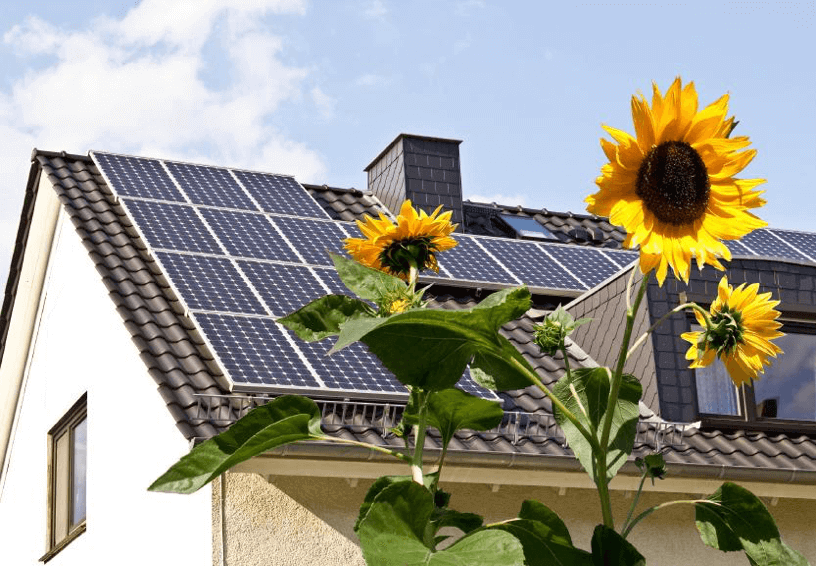No products in the cart.
Solar Power Considerations for the Average Homeowner
The rise of solar power means individuals, communities, our society, and the earth can reap the benefits of renewable energy. This is such an exciting time for us as we embrace personal responsibility, lower energy bills, and just the plain satisfaction found in being resourceful enough to harness the free and reliable power of the sun. But before you jump in headfirst, make sure you are well-versed on the initial investment, the type of system you specifically need, and how to get the most out of solar power.

1. It takes some time to benefit from the savings
Your monthly bill savings begin as soon as your system is up and running. The first electric bill you receive after going solar will put a pep in your step. But many would-be solar users are scared off by the initial investment. Until solar power can be more affordable to people of various incomes, the upfront cost will continue to be a roadblock. But the savings are imminent, and you could even have a payback time of less than a decade.
2. Different homes need different considerations
There’s no system, provider, or setup that works for every house. The weather in your area can affect what types of panels you need, as can the size of your house and whether or not your house is shaded. You should find an installer who is experienced in working with the type of roofing you have. Do your research and compare several providers so that you can feel out which one may be best for your particular situation.
3. Leasing a system may make it hard to sell your home
While solar system leasing is a great compromise for people who can’t afford the cost upfront or don’t want to deal with maintenance and repairs, they can have their downsides. Even though prospective buyers are often drawn to solar panels, many will scare off at the mention of a lease that they have to take over upon buying the house. Think carefully before you lease a solar system, especially if you’re not sure how long you want to be in your current house.
4. Check for federal, state, and local incentives and rebates
If you’ve decided to invest in solar, you may as well take advantage of all of the benefits, not just the lower monthly bill. State incentives combined with federal tax credit can really chip away at your cost. If you take advantage of the federal solar tax credit, it will deduct 30 percent from what you pay out of pocket. Make sure your system complies with the eligibility requirements for all federal, state, and local incentives and rebates.
5. Don’t skimp on the inverter
Because inverters are the most expensive component of the system, many people try to find more affordable inverter options but end up making the mistake of buying one that won’t last. Research, take recommendations from trusted sources, and invest in a solid inverter–you will thank yourself down the road. Consider buying fewer PV cells at the outset if you need to cut back on some of the costs.
6. Your warranty will last 20 to 25 years
Your solar system will most likely be covered for 20 to 25 years, but most of them last 30 or more. That’s many years of reaping the benefits of solar and being a good steward of the environment.
7. Maintain your panels
Solar panels are simple and durable, which helps them maintain their output level for the life of the warranty. They are pretty low maintenance but it never hurts to hose them off every now and then and make sure to get leaves and other debris out of the way.
To learn more about solar power, consider an Everblue solar training course or check out the home solar articles on Modernize.com.
By Bryn Huntpalmer, image courtesy of Modernize